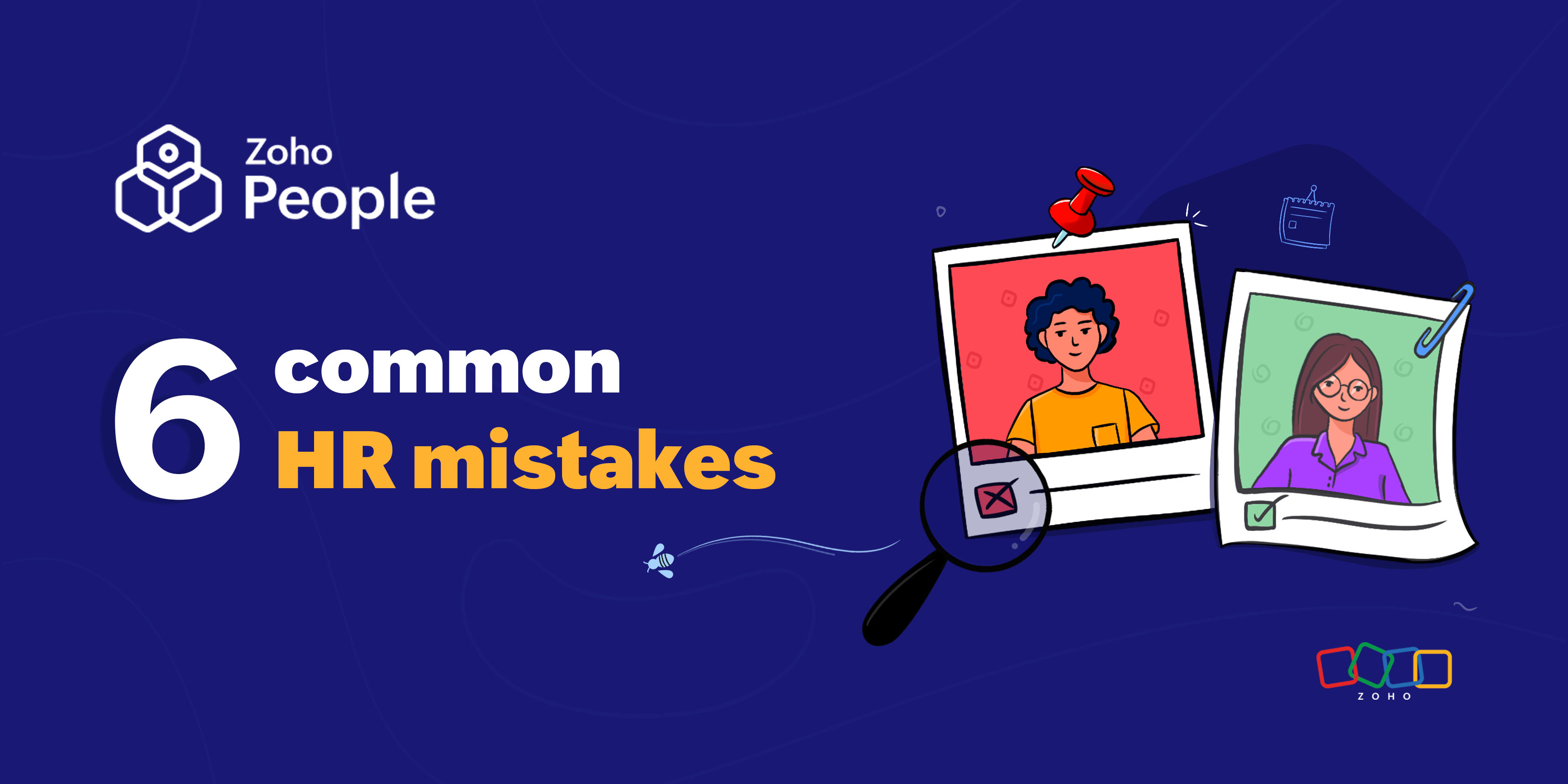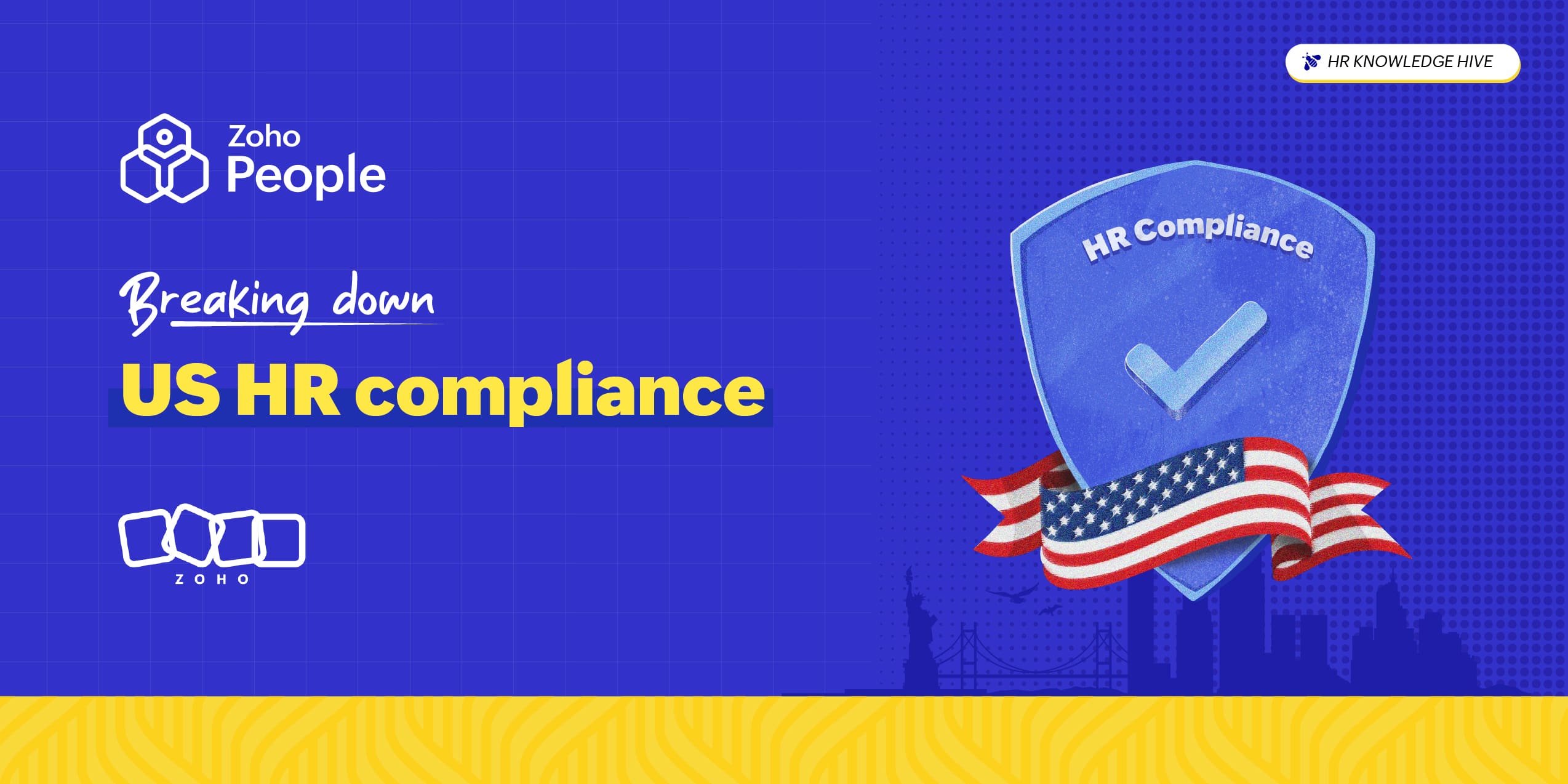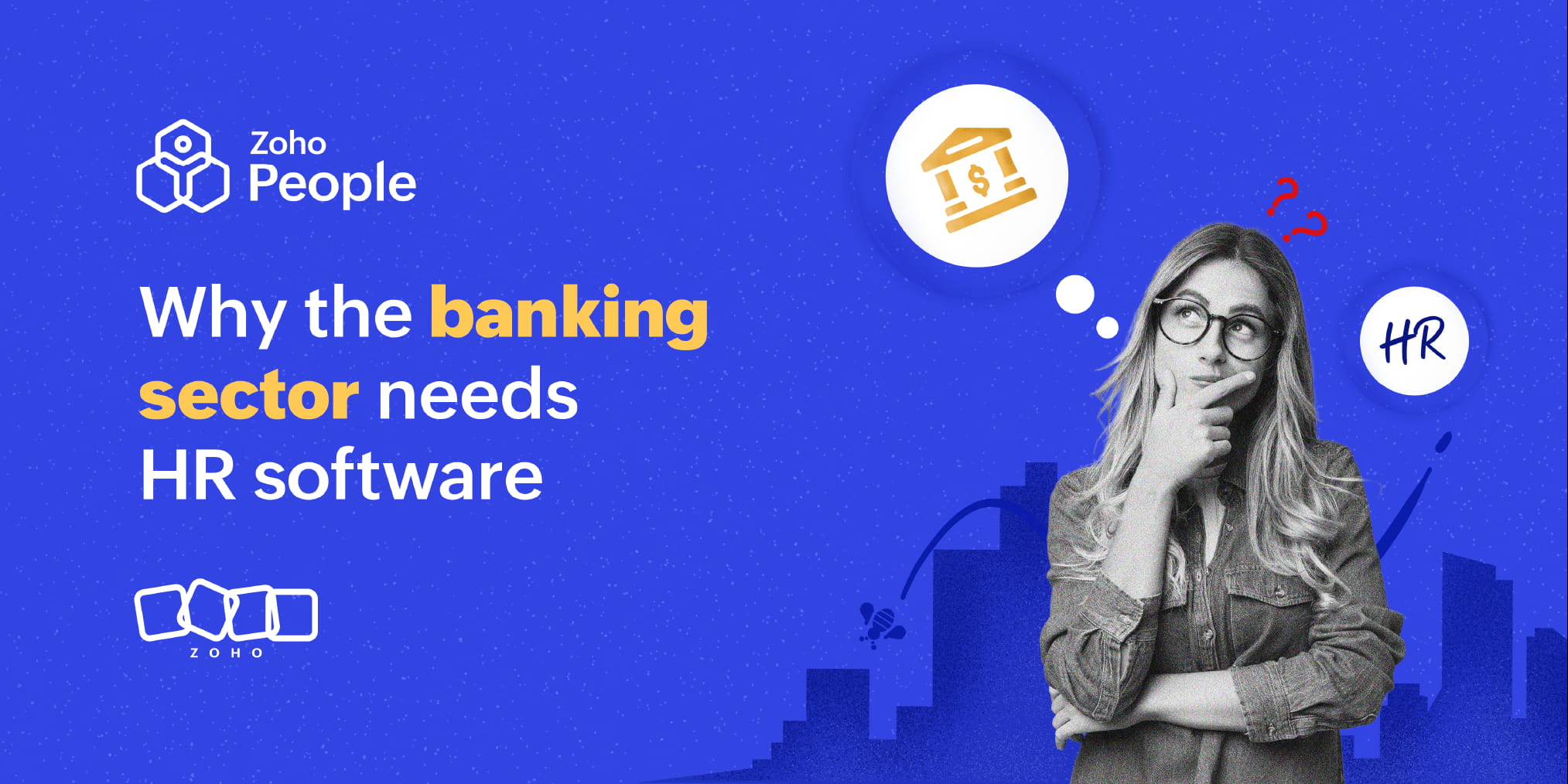- HOME
- HR insights
- Top 6 HR mistakes that your organization should avoid
Top 6 HR mistakes that your organization should avoid
- Last Updated : January 8, 2026
- 1.1K Views
- 4 Min Read

As an HR professional responsible for the employees who power your business, you cannot afford to make mistakes. Being proactive in identifying and rectifying mistakes before they start affecting other aspects of your business is essential to avoid costly consequences. Here are six of the most disruptive mistakes that every HR team should avoid:
1. Hiring the wrong candidates
A massive amount of effort, time, and money goes into hiring, onboarding, and training a new hire. In such a case, hiring candidates who are inconsistent with your company's culture and the demands of the job can be very damaging to your organization. Productivity may start to decline, which also affects the morale of your other employees.
Some of the common signs of a bad hire include a bad attitude, frequently missed deadlines, failure to meet goals, and collaborate with teammates. Poor hiring decisions can happen due to the lack of a comprehensive interview process, inadequate background checks, and fixating too much on specific experience and hard skills.
2. Failing to have proper HR policies
Having well-established HR policies and procedures is essential to ensure fairness and consistency in your organization. These formal rules and guidelines help employees understand their rights and obligations and what they can expect from you as an employer. For instance, if you don't have a clear leave or time off policy in place, workers won't know how many days off they are entitled to take and may even be uncertain how to apply for them. As a result, they may end up taking too much time off or going too long without a break, both of which can negatively affect morale and performance at your organization.
Provide an employee handbook that clearly defines your organization's workplace practices and policies. Mentioning big-picture ideas, such as your company's mission and vision statements, can be helpful. However, make certain to explain your attendance, leave, payroll, working hours, compensation, benefits, and performance policies. Be sure to specify safety and security protocols, anti-discrimination rules, and disciplinary practices.
3. Not prioritizing employee issues
You must prioritize issues that are important to your employees. Turning a blind eye to employees' concerns can increase stress and burnout levels and create a negative work environment as employee satisfaction and morale levels drop. This will ultimately bring down your organization's productivity levels and may result in turnover and difficulty attracting new hires.
Establish a feedback system that enables employees to report their issues and suggestions. This will reassure them that you value their opinions and are committed to maintaining a supportive work environment. Take steps to address their problems if you can, or explain why specific issues are out of your control. Similarly, encourage managers to have one-on-one sessions with their employees regularly to understand their challenges and receive honest constructive feedback.
4. Not taking compliance seriously
Compliance is the elixir that you need to keep unnecessary legal issues at bay. Even a small error in compliance can jeopardize your company's reputation. Also, if you don't have sufficient safeguards in place to ensure compliance with labor laws, your employees may be treated unfairly in ways that pose a risk to their well-being—and the company's.
If possible, have a separate team within your HR department to take care of compliance. Study local and national labor laws and make sure that your workplace policies and practices are in line with the requirements. Have a system in place to track updates in the laws and regulations, and complete regular internal audits to check your policies and procedures.
Also see:Tips to improve HR compliance
5. Disregarding the need for systematic performance reviews
Abandoning performance reviews altogether can make employees lose their sense of direction. They may have difficulty understanding what they're doing right and where they need to improve. You may also not be able to process salary hikes and promotions fairly without evaluating employees' performance in a consistent way.
Make it a practice to conduct performance reviews at least annually. Encourage managers to prepare actionable feedback that will help employees determine their strengths and weaknesses. Find other ways to receive feedback from your employees too. Check out this blog to understand how to run meaningful performance reviews.
6. Not identifying HR issues quickly
It's important to analyze your HR strategy and policies regularly to identify any issues and fix them. Otherwise, you may end up wasting your efforts on the wrong HR initiatives, while your employee engagement, satisfaction, and productivity levels remain low.
Using people analytics can help identify issues before they start having negative effects on other aspects of your business. By analyzing data about each one of your HR processes, including recruitment, onboarding, attendance, leave, performance, and training, people analytics provide insights about what's working and what's not. Running surveys about your HR processes can also help you understand how they affect employees.
Also read:4 HR processes that you can improve using people analytics
Don't let these common HR mistakes hurt your organization
Since operations associated with employees can have a high impact, you must ensure that these processes and policies are consistent, effective, and aligned with your company's values. We hope this blog gave you a clear idea of how common HR mistakes can damage your business—and gave you the insight you need to overcome them.
 Tarika
TarikaContent Specialist at Zoho People


